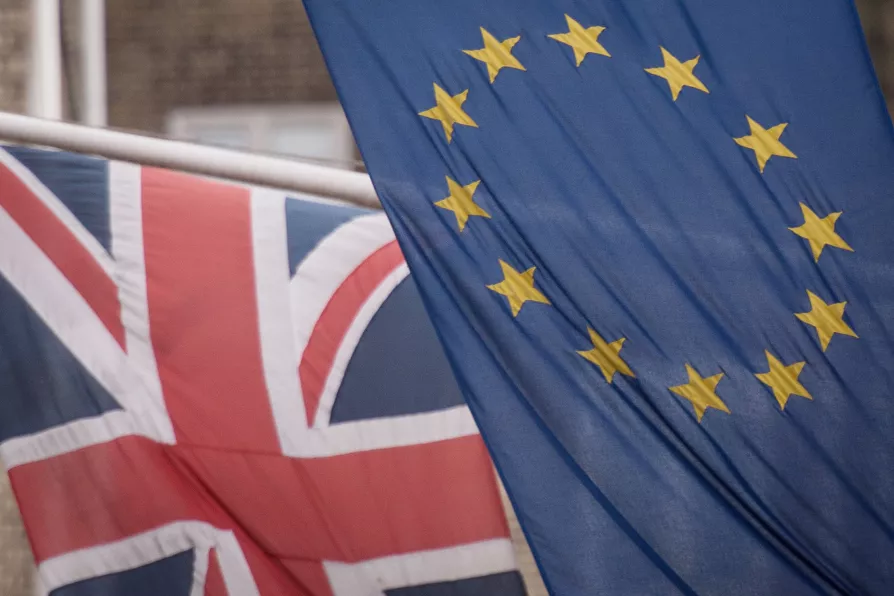Data on regional deprivation in England shows us an unequal society, but what to do about it remains unanswered argue ROX MIDDLETON, LIAM SHAW and MIRIAM GAUNTLETT


JEREMY CORBYN in his speech of 26 February called for “a” customs union with the EU.
This should involve, he said, tariff-free access to the EU and incorporate all progressive EU legislation that defended workers’ rights, equalities, environmental protection and health.
On the other hand, it should not be subject to EU regulations that would prevent Labour’s ambitious plans for industrial regeneration, including state aid, the proactive use of public procurement or, where appropriate, comprehensive public ownership of public utilities.

From summit to summit, imperialist companies and governments cut, delay or water down their commitments, warn the Communist Parties of Britain, France, Portugal and Spain and the Workers Party of Belgium in a joint statement on Cop30

Starmer sabotaged Labour with his second referendum campaign, mobilising a liberal backlash that sincerely felt progressive ideals were at stake — but the EU was then and is now an entity Britain should have nothing to do with, explains NICK WRIGHT












